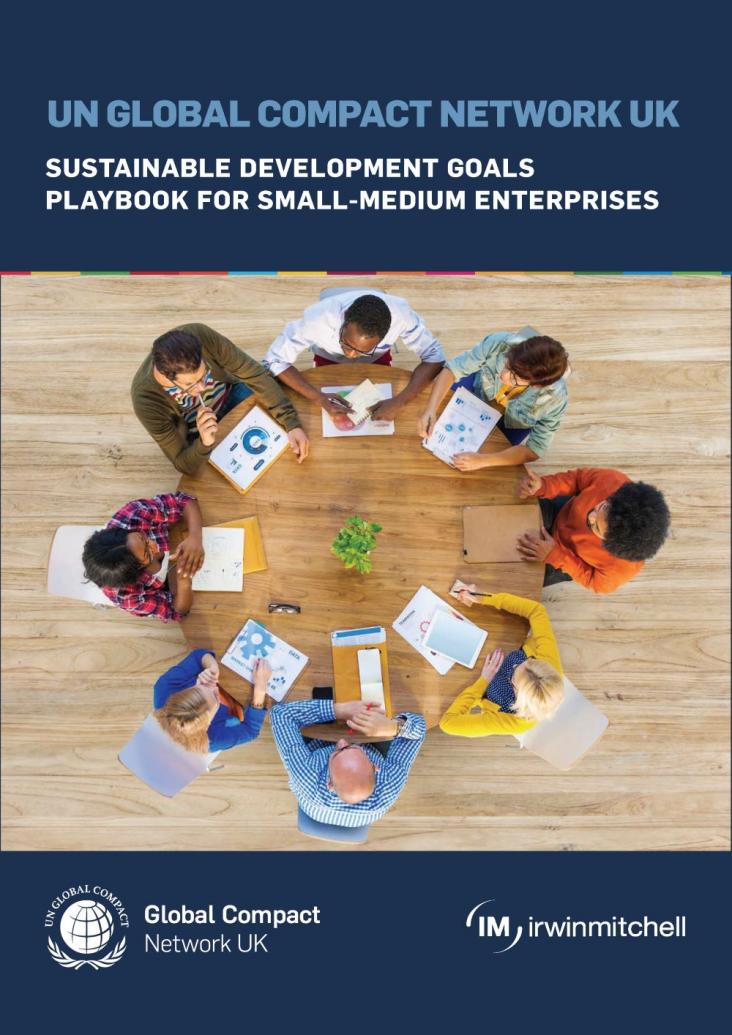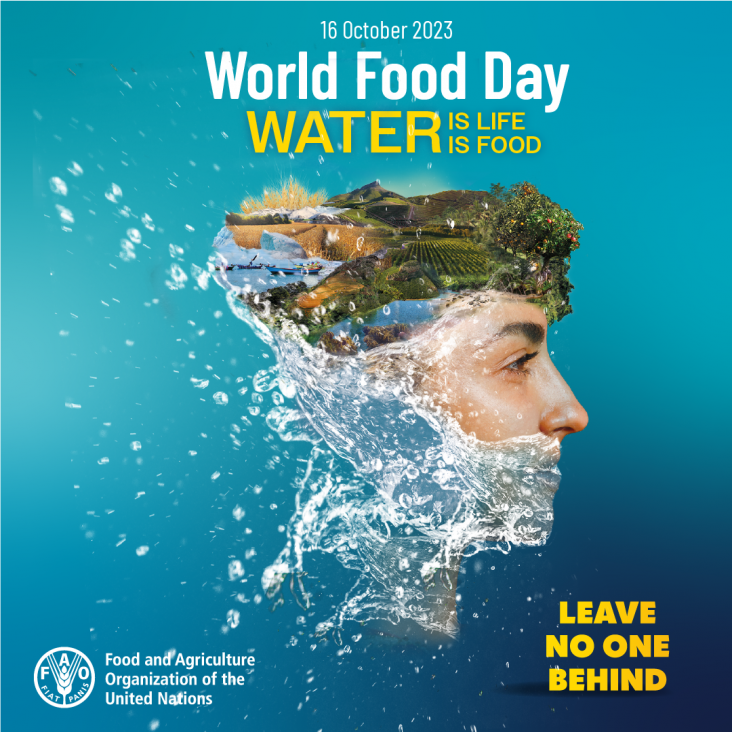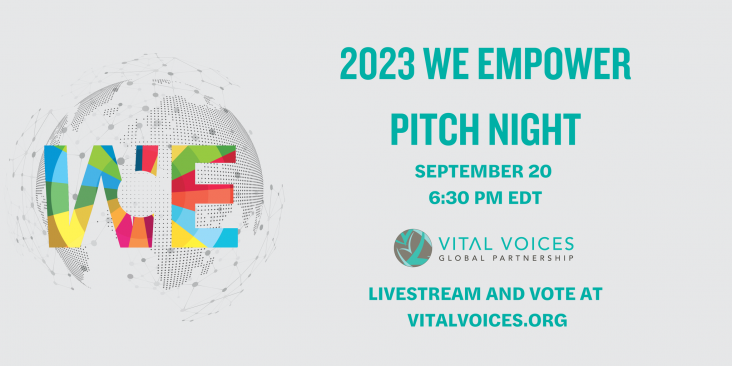This article provides novel insights for further improvements in tomato quality while also developing water-saving irrigation techniques.

The UN Global Compact Network UK, in partnership with Irwin Mitchell, has developed the SDG Playbook for SMEs: a step-by-step guide to help smaller companies unlock the competitive advantages associated with embracing the Sustainable Development Goals.

In support of #WorldFoodDay, Elsevier has curated a special collection of free access book and journal content to help raise awareness for water as the foundation for life and food.

In The World We Want we explore key themes related to the SDGs: leadership, innovation and youth. Dr. Márcia Balisciano, Global Head of Corporate Responsibility, interviews influencers and thought leaders across disciplines on key topics to achieve the global goals.
Despite inherent resiliency and strengths, Indigenous Peoples in the United States and Canada have been impacted by colonialism, which has led to a loss of land, culture, and identity. Loss of land in particular has had substantial impacts on Indigenous food system practices. Indigenous food sovereignty (IFS) has been determined to be a mechanism for Indigenous communities to build their capacity to address food insecurity.
This study estimates the prevalence and trends of undernutrition in all countries of SEAR using national level data. This is the first study to study indicators of malnutrition at the regional level and estimating the effect of current food policies on future health of children.
UN's Summit of the Future 2024: Paving the Path for SDG Resources

WE Empower Pitch Night, hosted by Diane von Furstenberg, will be a dynamic evening event bringing together top business leaders, the media and other key influencers to participate in an innovative
This chapter aligns with Goal 2: Zero Hunger and Goal 12: Responsible Consumption by considering plant-based meat alternatives as a sustainable approach to provide affordable and nutritious meat substitutes in a world with growing human consumption demands.

